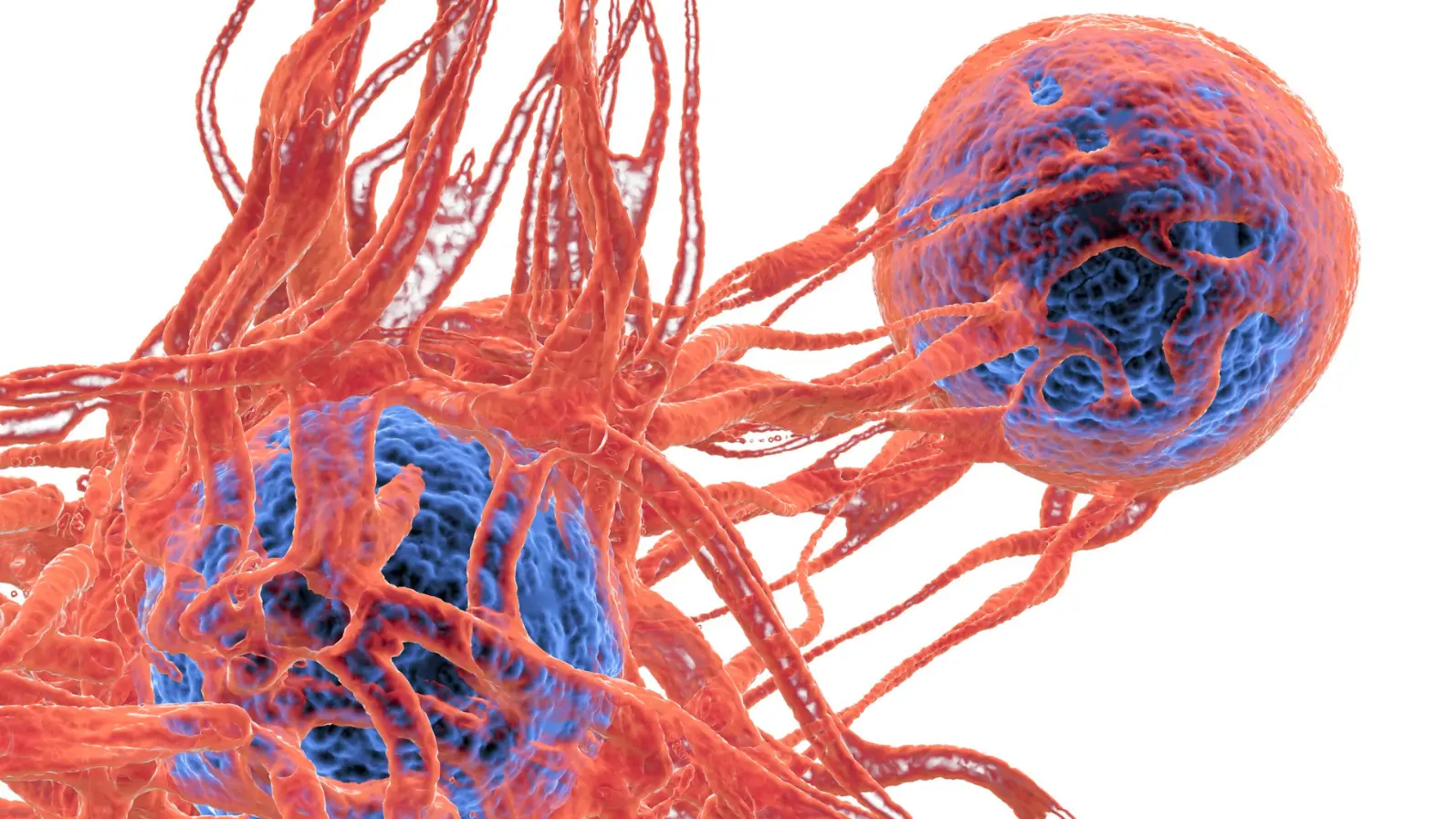
Reversing Cancer’s Defense: How a Tiny RNA Molecule Could Make Chemotherapy More Effective Against Oral Cancer
A new hope for treatment-resistant oral cancer
Oral squamous cell carcinoma (OSCC) is the most common type of oral cancer, responsible for more than 90% of oral malignancies. Despite advances in surgery, radiotherapy, and chemotherapy, patients with advanced OSCC often face poor outcomes — mainly because their cancer cells learn to resist drugs like cisplatin (CDDP), one of the most widely used chemotherapy agents.
Researchers from the Tokyo Medical and Dental University (TMDU) may have found a way to make these stubborn cancer cells sensitive again. Their study, published in Molecular Therapy: Oncolytics (March 2022), reveals how manipulating a small molecule called miR-634 could weaken cancer cells’ defense mechanisms and boost the effects of chemotherapy.
(DOI: 10.1016/j.omto.2022.02.002)
The problem: Cancer cells with built-in protection
Cisplatin works by damaging the DNA of cancer cells and triggering programmed cell death (apoptosis). However, many cancer cells develop cytoprotective mechanisms — built-in defenses that counteract this damage. They activate anti-apoptotic proteins, antioxidants, and DNA repair systems, making chemotherapy less effective.
Among these defense proteins are inhibitors of apoptosis proteins (IAPs) such as cIAP1, XIAP, and Survivin. These molecules block the suicide pathways of cancer cells, allowing them to survive and continue dividing even under chemotherapy assault. Finding a way to switch off these defenses could dramatically improve treatment success.
The discovery: miR-634 targets cancer’s survival genes
MicroRNAs (miRNAs) are tiny RNA fragments that regulate gene activity. Some of them, known as tumor-suppressive miRNAs, can silence multiple cancer-promoting genes at once.
The TMDU team previously identified miR-634 as a powerful tumor suppressor capable of targeting several “survival genes.” In this study, they found that miR-634 directly targets cIAP1, one of the key genes that help cancer cells resist chemotherapy.
By introducing synthetic miR-634 into oral cancer cells, the researchers observed:
A significant increase in apoptosis (cell death)
A synergistic boost in cisplatin’s killing power
Reduced activity of multiple cytoprotective genes (including cIAP1, NRF2, OPA1, and ASCT2)
This means that miR-634 doesn’t just attack one target — it knocks down several defense systems at once, making the cancer cells more vulnerable.
From lab to living models: miR-634 ointment shows promise
Taking the idea further, the researchers tested a topical miR-634 ointment in mice implanted with OSCC tumors. When combined with cisplatin injections, the ointment:
Significantly slowed tumor growth
Reduced tumor weight
Lowered the expression of resistance-related genes in cancer tissue
Because oral tumors are easily accessible, applying a miR-634–based ointment directly to the site could be a practical way to enhance chemotherapy — especially for patients who can’t undergo surgery or suffer from recurrent lesions.
Why it matters
The study highlights a potentially safer and more focused way to improve oral cancer therapy. Instead of introducing drugs throughout the whole body, a localized miRNA ointment could target resistant cancer cells directly at the tumor site, minimizing side effects.
Interestingly, miR-634 did not harm normal oral epithelial cells, suggesting its action is selective to cancer cells with overactive survival pathways. Moreover, analysis of patient data revealed that genes targeted by miR-634 — especially cIAP1, Survivin, and OPA1 — are often overexpressed in primary OSCC tumors and correlate with poor prognosis.
Looking ahead
While the results are promising, the researchers note that more clinical validation is needed. Large-scale patient studies and safety assessments must confirm whether miR-634 ointment can be translated into real-world cancer care.
Still, this study opens a new avenue for microRNA-based therapeutics, showing how manipulating a cell’s own genetic switches can help overcome drug resistance — a major barrier in cancer treatment.
Reference
Tran, P.X., Inoue, J., Harada, H., & Inazawa, J. (2022). Potential for reversing miR-634-mediated cytoprotective processes to improve efficacy of chemotherapy against oral squamous cell carcinoma. Molecular Therapy: Oncolytics, 24, 897–907.